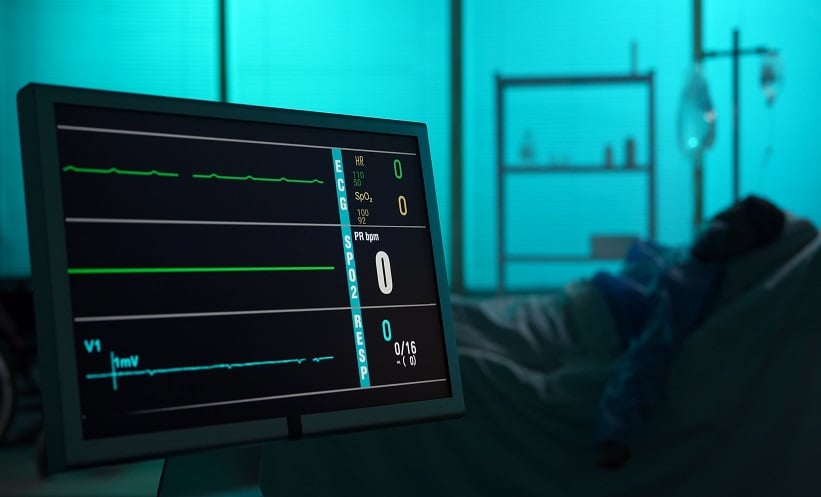A recent study conducted at the University of Rochester Medical Centre, New York, USA, has shed light on the risk of sudden cardiac death (SCD) among cancer patients undergoing active treatment. Spanning nearly a decade from 2011 to 2020, the study evaluated 8,356 patients to assess the incidence of SCD within the first six months of initiating cancer therapy and identify specific risk factors.
The primary endpoint of the study was the occurrence of SCD, defined using the modified Hinkle–Thaler classification. The patient cohort had a mean age of 64 ± 14 years, with women constituting 49% of the population. Overall, 834 patients (10%) experienced all-cause mortality during the study period, with 51 (6%) identified as SCD cases. The cumulative probability of SCD within six months was determined to be 0.6%.
Multivariate Cox regression models revealed three significant independent risk factors for SCD: age below 74 years (p = 0.042), a history of congestive heart failure (p = 0.058), and lung cancer (p = 0.004). Notably, patients with two or more of these risk factors had a markedly higher cumulative probability of SCD (1.6%) compared to those with zero or one risk factor (0.5%) (log-rank p <0.001).
The findings underscore the increased risk of SCD associated with active cancer treatment, particularly in younger patients, those with pre-existing heart failure, and lung cancer patients. The study calls for future research to explore preventive strategies and protective measures tailored to this high-risk group to mitigate the SCD risk during cancer treatment.
Reference:
Sherazi S et al. Risk of Sudden Cardiac Death in Patients Undergoing Cancer Treatment. AM J Cardiol. 2024;214:136-41.








